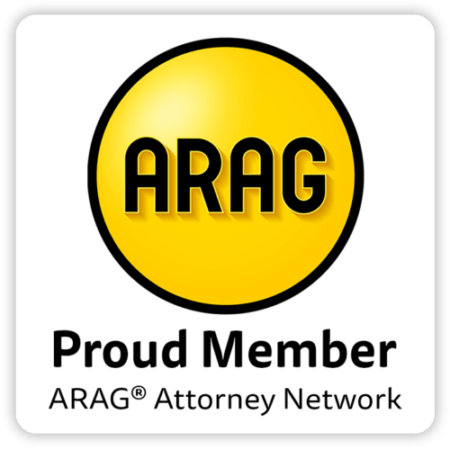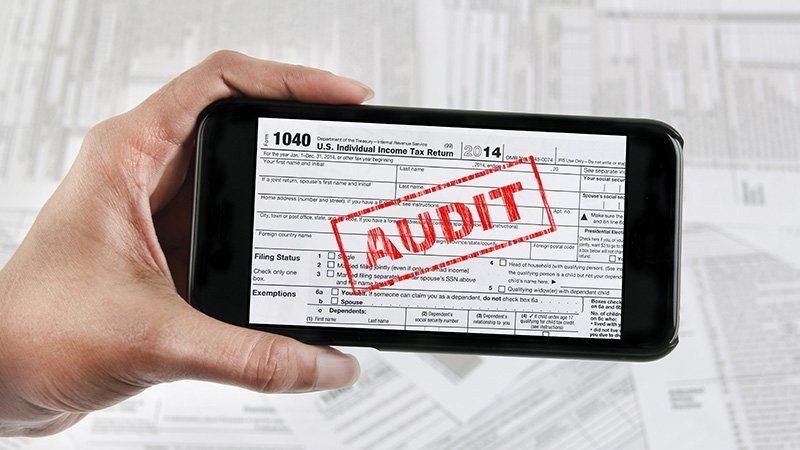Tax Audits
IRS KNOCKING ON YOUR DOOR?
Few things are more intimidating than being notified that you are being audited. Yet every year, thousands of taxpayers are notified by the Internal Revenue Service (IRS) that they owe money to the IRS for certain tax years. The good news is, you do not have to deal with the IRS alone. In fact, it is in your best interest at you have a strong and knowledgeable tax advocate on your side.
Generally, the IRS will send you notices and letters for the following reasons:
- You have a balance due.
- You are due a larger or smaller refund.
- IRS has a question about your tax return.
- IRS needs to verify your identity.
- IRS needs additional information.
- Changes have been made to your return.
- IRS needs to notify you of delays in processing your return. https://www.irs.gov/individuals/understanding-your-irs-notice-or-letter
If you receive a notice or letter from the IRS, you should respond immediately. Failure to respond in the time allowed can help minimize additional interest and penalty charges and will preserve your appeal rights if you don’t agree.
LIENS AND LEVIES
If you owe the IRS but do not pay your tax liability in full, the IRS will send you a tax bill notice which states the balance due (including interest and penalties to date) and demands payment in full. If you do not pay in full or make other payment arrangements, the IRS will pursue collection of the taxes through liens and levies. https://www.irs.gov/businesses/small-businesses-self-employed/whats-the-difference-between-a-levy-and-a-lien.
A federal tax lien automatically applies to your assets within 10 days after the IRS sent you the tax bill notice. The IRS may also file a Notice of Federal Tax Lien in the public records. The IRS may levy assets including your employment wages and bank accounts to pay your tax liability. The IRS will continue collection attempts until the tax liability (plus interest and penalties) is paid in full or until the statute of limitations bars further collection efforts.
Generally, the IRS may collect tax liability for 10 years after the tax is assessed.
OFFER IN COMPROMISE
If you have an outstanding tax liability due to the IRS, you may be able to compromise the amount by filing an Offer in Compromise (OIC). An Offer in Compromise (offer) is an agreement between you (the taxpayer) and the IRS that settles a tax debt for less than the full amount owed. An OIC allows you to pay less than you owe if you cannot pay the full amount or if paying the full amount would cause a financial hardship. You must have filed all of your income taxes in order to apply. Businesses may also apply for an OIC.
The OIC application requires extensive documentation production by the taxpayer to the IRS. Before you complete the OIC application process, you should verify that you are eligible to file an OIC by completing the OIC Pre-Qualifier Tool.
https://irs.treasury.gov/oic_pre_qualifier/.
Once you have completed the pre-qualifying stage, and have verified your eligibility to file an OIC, you will need to complete the application process, which includes the following:
- Form 656, Offer in Compromise https://www.irs.gov/pub/irs-pdf/f656b.pdf
- Completed and signed Form 433-A (OIC), Collection Information Statement for Wage Earners and Self-Employed Individuals, if applicable https://www.irs.gov/pub/irs-pdf/f433a.pdf
- Completed and signed Form 433-B (OIC), Collection Information Statement for Businesses, if applicable https://www.irs.gov/pub/irs-pdf/f433b.pdf
- $205 application fee, unless you meet Low-Income Certification Guidelines
- Initial offer payment based on the payment option you choose, unless you meet Low-Income Certification Guidelines
You will only need to complete the Form 433-A or Form 433-B, whichever is applicable to your situation.
RESOLVE YOUR TAX DEBT NOW!
Experience counts when you’re dealing with the IRS!
For over 24 years the Parker Law Firm has saved our clients over $5M in taxes and we can help you save money, too! Call us now at
Recent Blog Posts
Office Address
© 2023 Parker Law Firm. All Rights Reserved.
This website has been built to be accessible for all users. If you experience any difficulty in accessing this website, please contact us for assistance.












